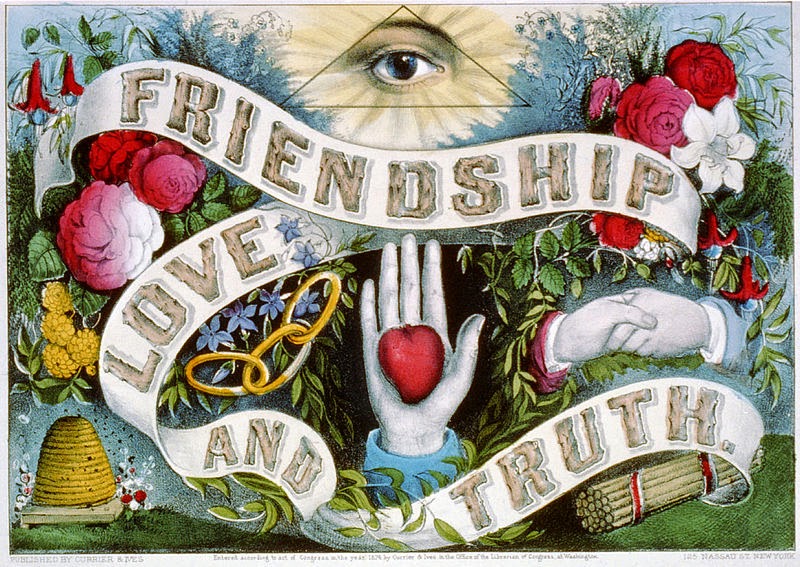 |
| Starving girl (public domain photo) |
Usually when we speak of going vegan,
people connect it with animal rights. The thing is, though, going
vegan benefits humans too and I'm not just talking about general well
being. Other animals aren't the only ones negatively impacted by our
largely omnivore diet choice. The impact the meat and dairy industry
has on the environment and natural balance has, in fact caused many
issues.
People around the world are starving
and going without clean water, while here in the US, we use a great
deal of it to raise cattle. In fact, we purchase grain from third
world countries to feed livestock while the people in those same
countries die of hunger on an hourly basis. It seems like we are
being quite selfish when you make that connection, doesn't it?
For those of you who look at people in other countries as aliens, it's not just other countries, either.
There are people right here in the US that go to bed without eating
nightly. Meanwhile, others stuff their faces with mass quantities of
greasy meat and gloppy cheese. It's about time we made the connection
between our holiday gluttony, eating massive amounts of meat and
dairy and the human condition. What are we teaching our kids here? To
be selfish and inconsiderate?
And then, there's the pollution. Piles
and piles of manure run-off into our streams, lakes and rivers can't
be a good thing. We are introducing massive hoards of animals into
the environment by over-breeding other animals for food and
over-eating. Nature simply can't keep up with the waste products
generated by this number of animals. It's that simple. It's not just
bad for human health. It's frightening.
If we all went vegan, would the animals
take over? No, because it wouldn't happen overnight. No offense, but
connect with your brain. As the world gradually cut out meat and
dairy consumption, there would be less and less demand for animal
products, therefore less would be “produced.” In the final
stages, with the remainder of animals roaming free, as they were
intended, natural balance would once again come into play.
Best of all, the land we once used to
raise animals could be used to raise healthier foods and to feed more
people. The land, water and nutrients it takes to raise animals for
food is far greater than what it takes to produce nutrient dense
crops.
So, my fellow vegans, when you speak to
others about your lifestyle choice, don't forget to mention the human
connection in all this. Because it's not simply about saving other
animals. It's about saving all animals, humans included. If we
continue in the direction we're headed, we'll have nothing left
to argue about, because there will be nothing left for any of us to
eat or drink anyway.
It's already happening in other
countries and even in ours. Do some research on the water shortages
in the western states where meat production is a way of life. Take a
look at the ponds and streams in your own area. If you live in a
rural farming community, you will see that many of them are choked
with algae growth from farming nitrate run-off.
You know those big corporations saw
this coming long ago. Why do you think they started bottling water
and buying up water rights? We used to laugh at buying water. Soon it
will become the only way to obtain it. And all because of our own
greed and gluttony.
Eating meat and dairy is unnatural for
humans. It's been proven over and over. Look it up for yourself. And
because we have been behaving in an unnatural manner for hundreds of
years, we have upset the balance of nature to a point where she may
not be able to recover. Going vegan isn't just about other animals.
It's about saving ourselves, people. Making the vegan connection and
making this a better world isn't just for hippies and bohemians. It's
for the survival and well being of all of us.









